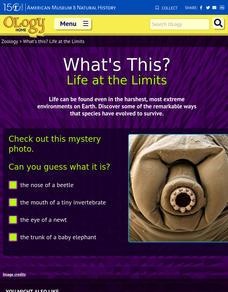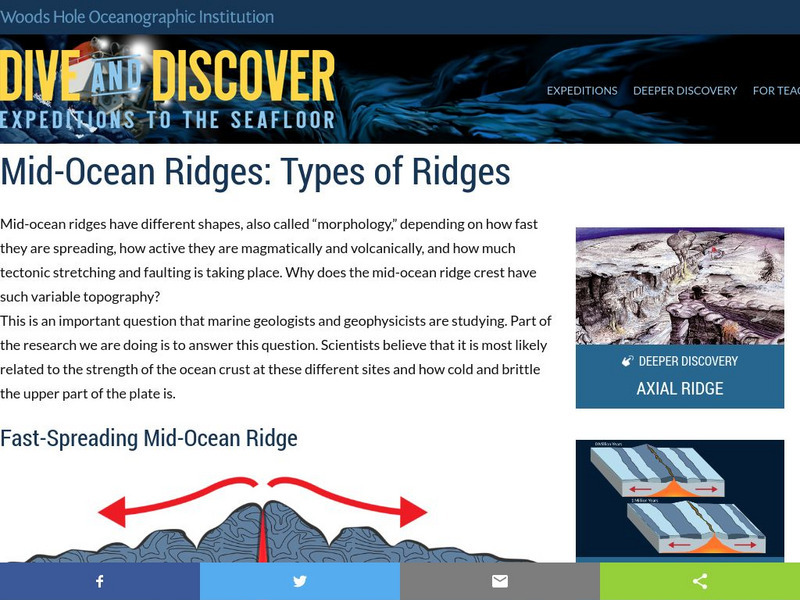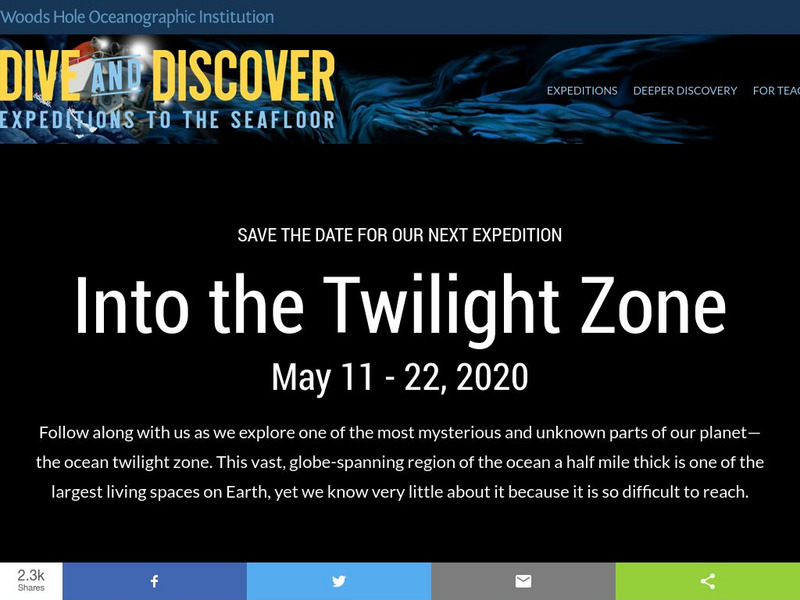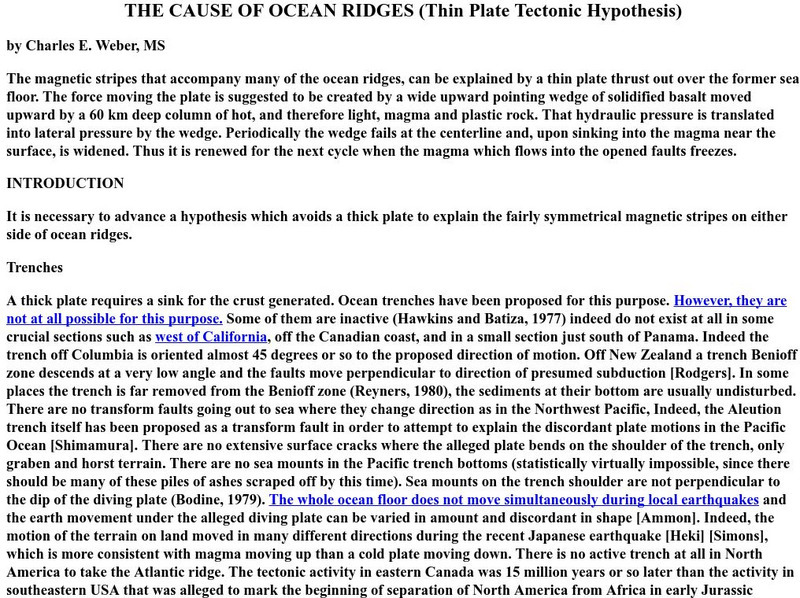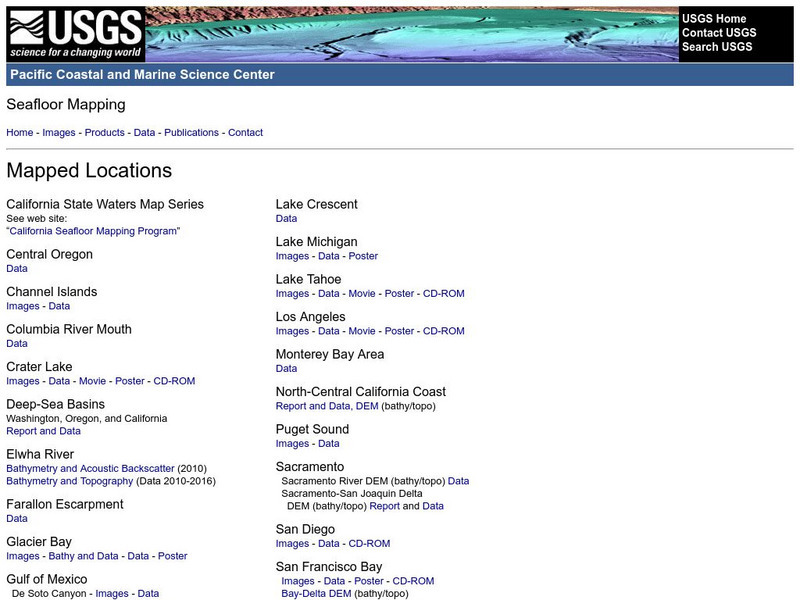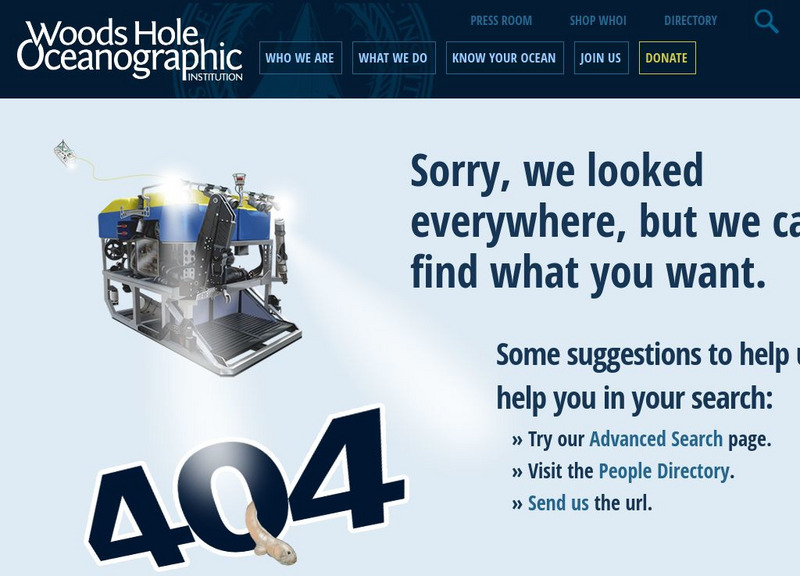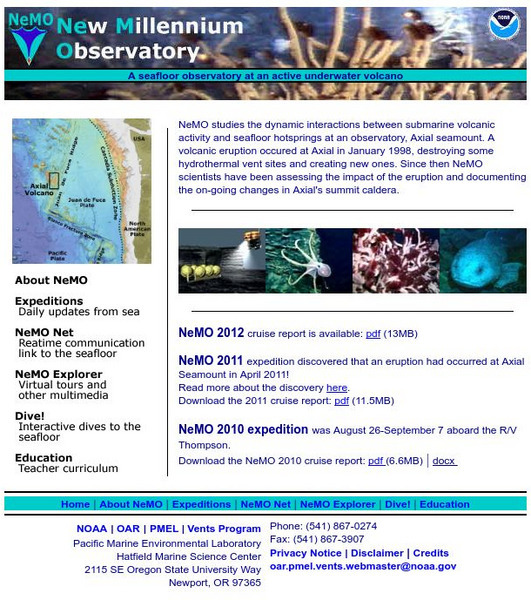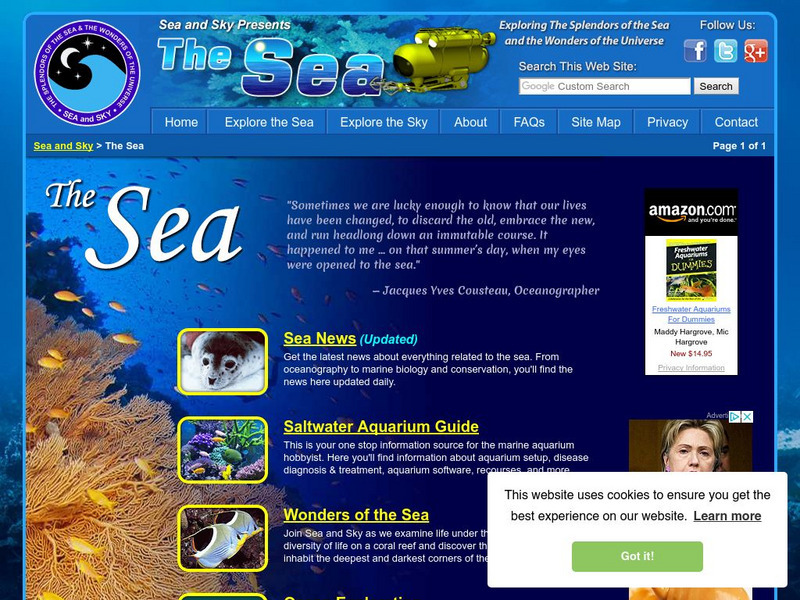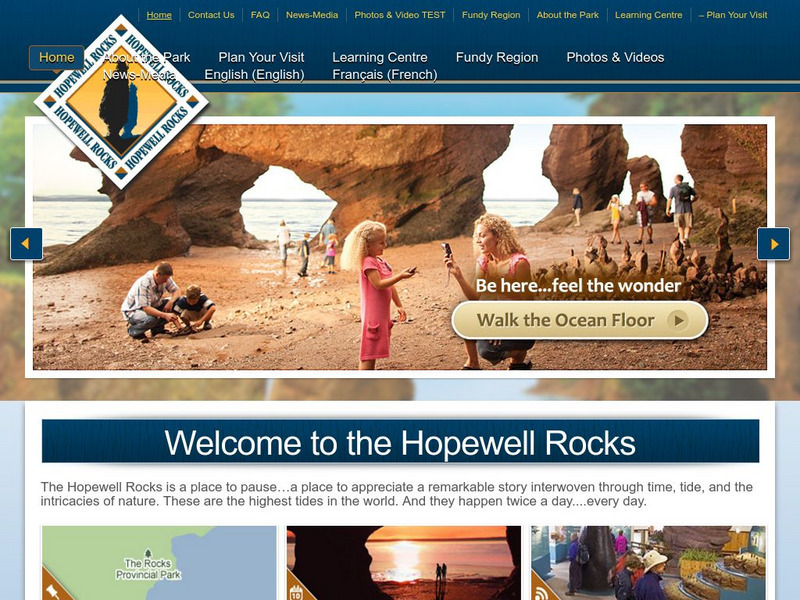American Museum of Natural History
What is Marine Biology?
A marine environment covers the majority of the earth but is arguably the least understood. Teach young scientists about the characteristics of oceans and ocean species using an interactive online lesson. The in-person or remote learning...
American Museum of Natural History
What's the Big Deal About Water?
It may seem simple, but water is one of the most unique substances on Earth. An interactive online lesson describes its properties and importance in so many different situations. Learners interact with the lesson to learn the role water...
American Museum of Natural History
What's This? Staying Safe
Amaze the class with the creative adaptations species employ to trick predators. An online interactive lesson introduces learners to six different species with unique adaptations. Each species highlights a different adaptation and its...
American Museum of Natural History
What's This? Colorful Creatures
An online resource shows learners some species that are very good at using their camouflage as well as other ways species use their coloring for survival. Interactive and digital, the lesson is perfect as a remote learning resource.
American Museum of Natural History
What's This? Life at the Limits
There are some amazing ways species evolve to survive. From large ears to sneezing salt, learners read about these interesting adaptations in an interactive lesson. Great to supplement an in-class lesson, it also works well as a remote...
Woods Hole Oceanographic Institution
Woods Hole Oceanographic Institute: Mid Ocean Ridges: Types of Ridges
A detailed, interactive look at the mid-oceanic ridge. Learn more about slow and fast spreading ridges and how the polarity of the ocean floor helps determine the speed of spreading.
Smithsonian Institution
National Museum of Natural History: Ocean Planet
Detailed website that was a companion to a 1995 traveling exhibit of the Smithsonian. Links to lesson plans and other educational materials are at the bottom of the page. Enter the exhibition to explore the world of the ocean.
Boise State University
Boise State University: Ocean Exploration: Abyssopelagic (Abyssal) Zone
Learn about the very cold, dark region of the ocean known as the abyss. Includes information on the origin of the name of this ocean zone, as well as information on its depth and animal life.
Other
University of California: Ocean Drilling Program
Scientists probe the ocean floor off Costa Rica and find evidence that may tell us more about what goes on in ocean trenches.
NASA
Nasa: Dynamic Ocean Topography With Current Arrows
Color-coded image of ocean currents depicts directional flow and speed of the currents across the globe.
University of California
Mid Ocean Ridge
An article from Scientific American details some recent discoveries about the ridge systems. "New maps reveal striking details of how segments of the Ridge form and evolve."
Woods Hole Oceanographic Institution
Woods Hole Oceanographic Institute: Dive and Discover: Expeditions to Sea Floor
Join Woods Hole scientists as they search for new volcanic eruptions on the ridge system in the eastern Pacific.
PBS
Pbs News Hour: Gardens of Eden
An interview with William Broad, author of "The Universe Below". ONLINE News Hour discusses with William Broad the discoveries that have been made on the ocean floor.
US Geological Survey
Usgs: Pacific Seafloor Mapping Project
This site describes the details of a project to map the seafloor of the Pacific Ocean. Includes images, movies, links to related information, and more.
Woods Hole Oceanographic Institution
Woods Hole Oceanography Institute: Geology and Geophysics
This webpage has two videos related to mid-oceaninc ridges. One of them examines the traits of hydrothermal vents and why their study is important. The other one describes the process by which new oceanic crust is created.
NASA
Nasa: Oceanography
Join NASA in its study of oceanography and learn about the Earth system, the physical ocean, and life in the ocean. Try out the Giovanni: Earth Data Visualization Tool and access satellite-derived data to enhance the learning experience.
Other
Ocean Trenches
A rather detailed explanation of how trenches form and why. No graphics, but some interesting explanations as well as links to other sites and extensive reference list.
NOAA
Noaa: New Millennium Observatory (Ne Mo)
NeMO is a seafloor observatory at an active underwater volcano! NeMO "background" is a great place to begin your scientific journey under the sea. Site includes virtual tours, daily updates from the sea, teacher resources and more.
Extreme Science
Extreme Science: Challenger Deep
A short description of the world's deepest ocean trench. Includes diagram and map.
Other
Sea Sky: Explore the Sea
Climb aboard this submarine and explore the sea. This site has pictures and information about the oceans, coral reefs, as well as famous explorers of the deep. You can also play interactive games.
US Navy
Naval Historical Center: The Navy Travels Undersea
[Archived Content] Have you ever wondered how it is possible to explore the ocean floor? This interactive site developed by the U.S. Navy answers this and other questions through various activities. Includes a biography of Dr. Ballard.
Other
Hopewell Rocks 360 Degrees Panorama
Take a panoramic tour of the famous Hopewell Rocks. Explore the ocean floor and the rock formations. Be careful! When the tides come in the water rises to a height of a four story building.
University of California
University of California, Santa Barbara/abyssal Hills
This article, published in Nature magazine, gives a detailed account of the abyssal plain feature called abyssal hills.
Other popular searches
- Ocean Floor Landforms
- Ocean Floor Diagram
- Ocean Floor Mapping
- Ocean Floor Spreading
- Ocean Floor Diagram Labeled
- The Ocean Floor
- Ocean Floor Research
- Ocean Floor Models
- Model of Ocean Floor
- Ocean Floor Activity
- Mapping the Ocean Floor
- Ocean Floor Sediments




